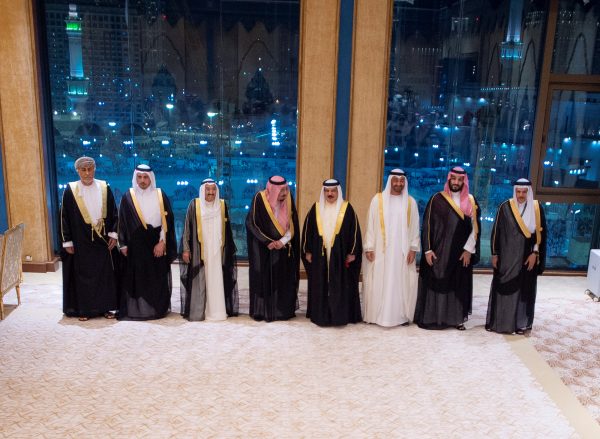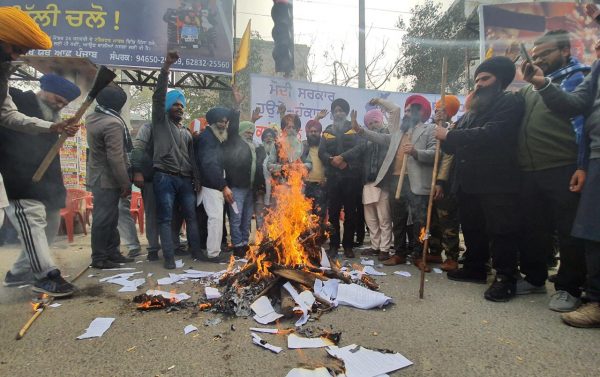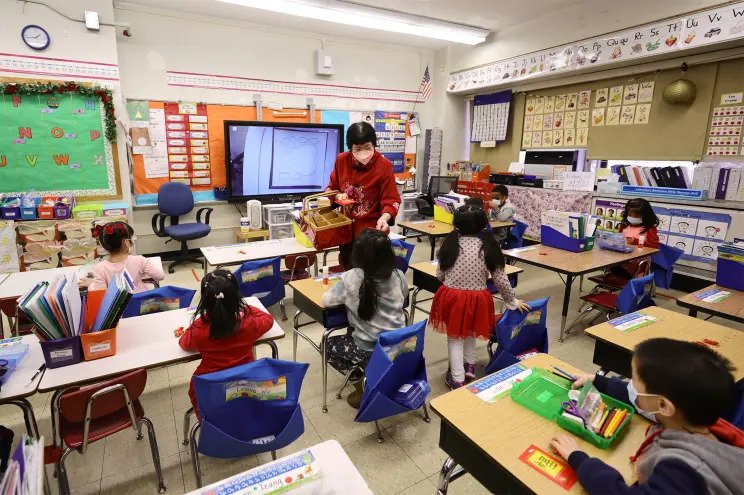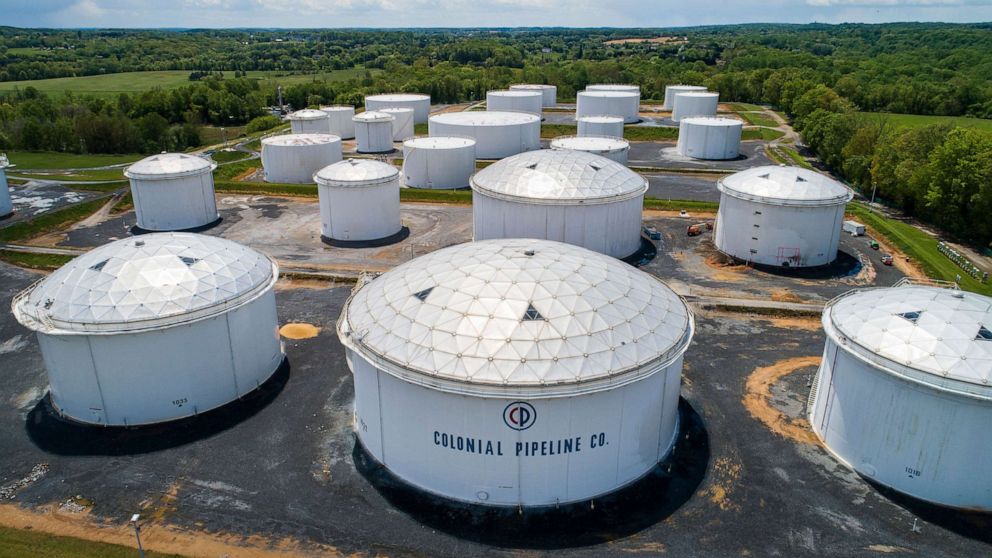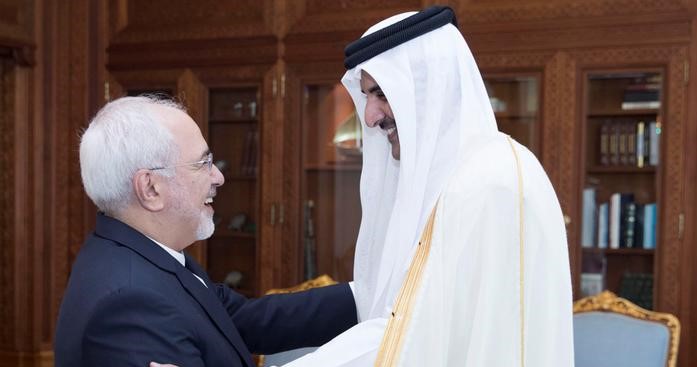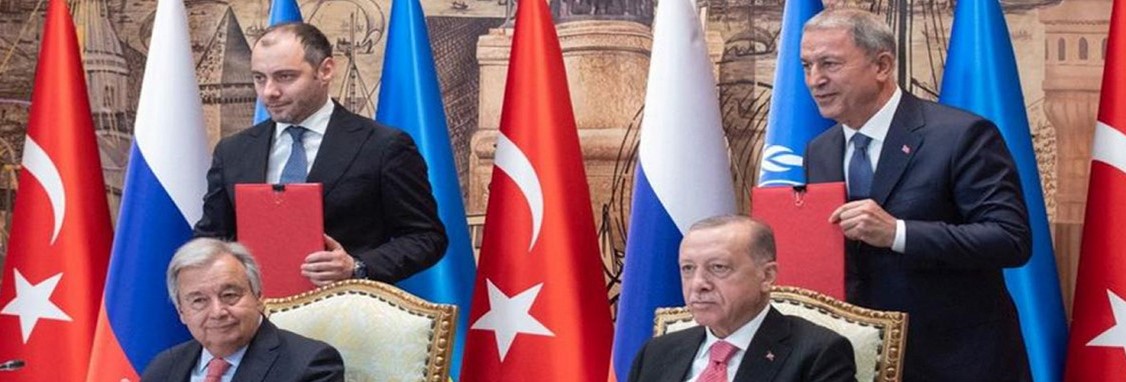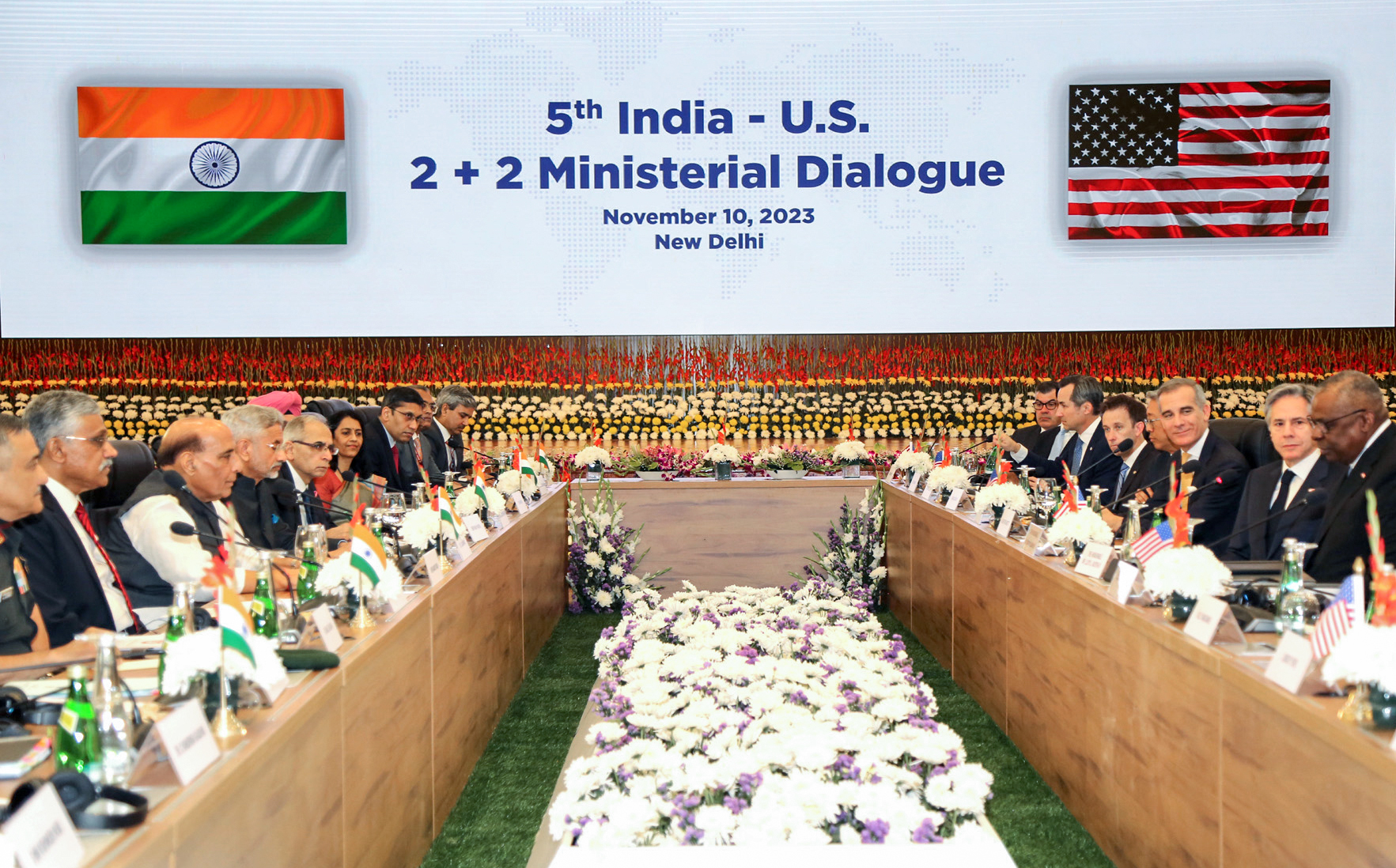The return migration of the Indian expatriates is likely to have a serious short-to-medium term impact on the livelihood of all the Gulf returnees and their families
Md. Muddassir Quamar
India’s relations with the Gulf Cooperation Council (GCC) countries, especially Saudi Arabia and the United Arab Emirates (UAE), have witnessed a significant upswing since 2015, across the areas of trade, investments, counter-terrorism and security cooperation. Regional and international developments, including the rise of Islamic State (ISIS), China’s growing regional footprint, as well as heightened tensions over Iran’s nuclear program, also contributed to amplifying the importance of the GCC states in India’s foreign policy calculus.
The growing ties, however, had to endure the impact of the COVID-19 pandemic. All aspects of bilateral relations, including trade, investments, flow of workers and pilgrims, and above all, physical high-level political contacts, were seriously curtailed. Nonetheless, New Delhi kept the diplomatic channels with the GCC countries open, with Prime Minister Narendra Modi holding several telephonic conversations with the Gulf leaders. India and the GCC countries exchanged medical supplies and personnel to help each other fight the pandemic. With the world gradually getting back to normalcy and economic and trade activities regaining strength, India-GCC relations too are expected to attain the vibrancy of pre-COVID days.
The Brief maps the disruptions caused by COVID-19 in India’s relations with the GCC countries and underlines the efforts undertaken to help rejuvenate bilateral ties. It further highlights the issues that continue to pose a challenge and suggests policy initiatives in new areas that can supplement the efforts currently underway.
Due to the curtailed economic activity, India-GCC bilateral trade was seriously affected. The total trade between India and GCC during April and October 2020, was $39.98 billion, with the share of GCC in India’s foreign trade during the period being 12 per cent. During the same period in 2019-20, the share of India-GCC trade was about 33 per cent of India’s total foreign trade.
The worst affected due to the lockdowns and economic disruptions were the over nine million strong Indian expatriate community in the GCC countries. A section of workers lost their jobs while some were stranded in crowded and unhygienic labor camps without social distancing and with limited resources. In April, over 2,000 Indians in the GCC countries tested positive for the virus.
Eventually, on May 7, 2020, the Government of India launched the Vande Bharat Mission to rescue and repatriate stranded Indian workers with the active support of the respective governments in the GCC countries. As of September 16, 2020, 1,447,481 Indians stranded abroad were repatriated through the air, sea and land routes.9 Unsurprisingly, the GCC contributed the significant majority of those repatriated from abroad, at 927,212, comprising nearly two-thirds of the total or nearly 10 per cent of Indian expatriate population in the GCC countries. While these figures were valid for the sixth phase of the Vande Bharat Mission in September, three more phases of the mission were completed till December 2020.
The return migration of the Indian expatriates is likely to have a serious short-to-medium term impact on the livelihood of all the Gulf returnees and their families. It will cause a substantial drop in the remittances India receives from the GCC that make up nearly 50 per cent to the total remittances into India. These remittances contribute nearly 3 per cent to India’s GDP.
During the pandemic, there was an increased use of technology to maintain high-level political contacts. Video conferencing and telephone conversations, along with the exchange of medical and pharmaceutical equipment and personnel, gave rise to new terms such as ‘virtual diplomacy’ and ‘COVID diplomacy’. Prime Minister Modi held telephonic conversations with GCC leaders on several occasions.
The pandemic has brought to fore new possibilities for cooperation between India and the GCC countries. Firstly, there is immense scope for investments in the healthcare and the pharmaceutical industries. India is already a popular regional destination for medical tourism. Secondly, higher education is an area that remains under-exploited, despite the potential for enhanced cooperation. Given that the Indian ‘Institutions of Eminence’ have now been given the green signal to set up branches outside India,26 IITs and IIMs should look for possibilities for opening branches in the GCC countries which will attract both the local and expatriate population. Thirdly, there are immense possibilities for cooperation in the field of defense manufacturing.
Finally, niche areas such as space exploration, artificial intelligence, cyber security, bioinformatics, renewable energy etc. can be the new areas for cooperation between India and GCC countries.
Md. Muddassir Quamar is Associate Fellow at Manohar Parrikar Institute for Defence Studies and Analyses, New Delhi
Views expressed are of the author and do not necessarily reflect the views of the Manohar Parrikar IDSA or of the Government of India.
This is the abridged version of the article which appeared first in the Comment section of the website (www.idsa.in) of Manohar Parrikar Institute for Defense Studies and Analyses, New Delhi on January 20, 2021
















